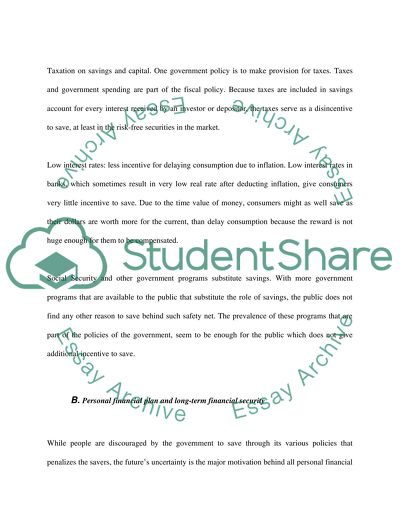Cite this document
(Financial Services - Personal Financial Planning Report, n.d.)
Financial Services - Personal Financial Planning Report. https://studentshare.org/finance-accounting/1551805-financial-services-personal-financial-planning
Financial Services - Personal Financial Planning Report. https://studentshare.org/finance-accounting/1551805-financial-services-personal-financial-planning
(Financial Services - Personal Financial Planning Report)
Financial Services - Personal Financial Planning Report. https://studentshare.org/finance-accounting/1551805-financial-services-personal-financial-planning.
Financial Services - Personal Financial Planning Report. https://studentshare.org/finance-accounting/1551805-financial-services-personal-financial-planning.
“Financial Services - Personal Financial Planning Report”. https://studentshare.org/finance-accounting/1551805-financial-services-personal-financial-planning.


